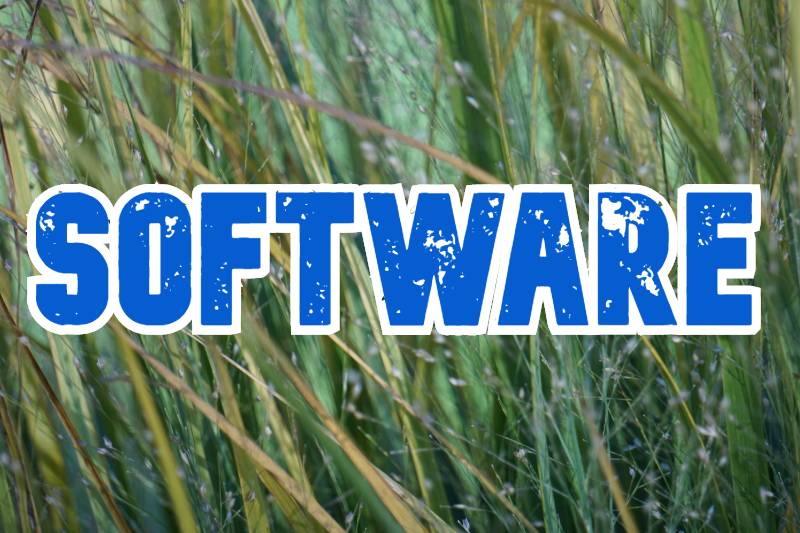Plaintiff sued defendant software developer for breach of contract and other claims, asserting that defendant failed to develop and deliver a video editing application on time and within budget. Defendant moved to dismiss the case, arguing that plaintiff had failed to state a claim upon which relief may be granted. The court denied the motion to dismiss the breach of contract claim, allowing that claim to move forward.

The court found that plaintiff had successfully pled a breach of contract claim under Texas law. Defendant had argued that the parties agreed to benchmark the developed software’s performance in comparison to “recreational” software, but that plaintiff later demanded the software be benchmarked against professional grade software. Plaintiff responded that it had asked defendant to benchmark the program’s speed to iMovie, which it characterized as recreational and not professional.
The court looked past this benchmarking aspect and found that even in light of the apparent disagreement on the standard, the allegations in the complaint – that defendant had not provided a viable product under the agreement – were sufficient to support a breach of contract claim.
Polar Pro Filters, Inc. v Frogslayer LLC, 2019 WL 5400934 (S.D. Texas, October 22, 2019)


